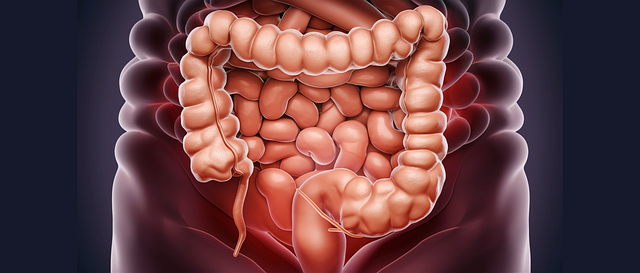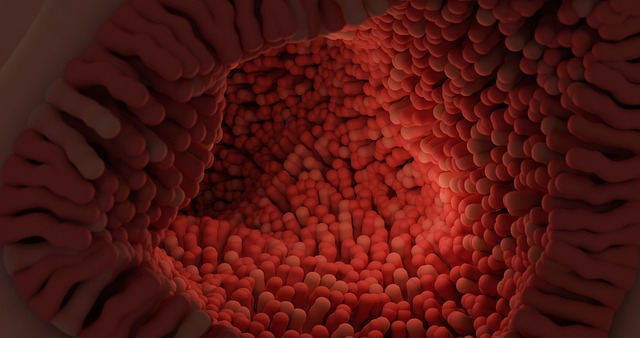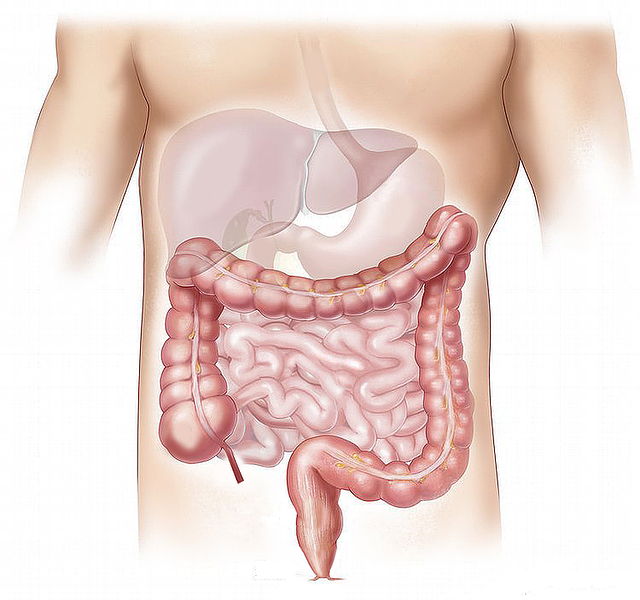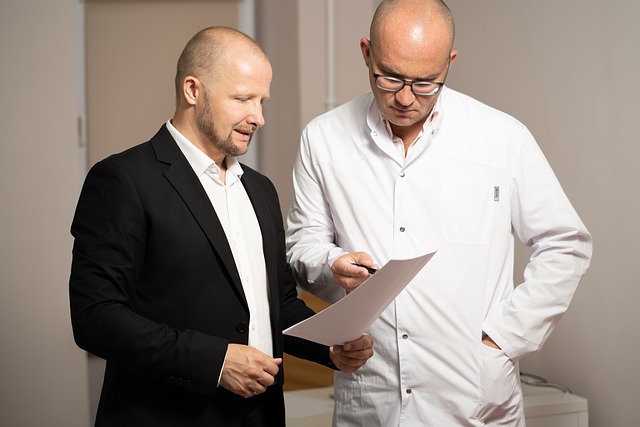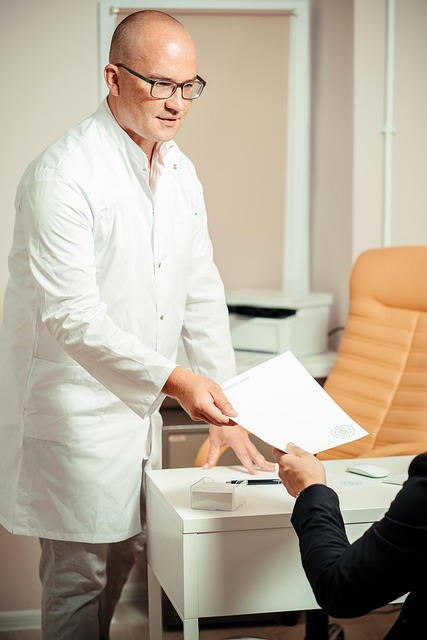Faecal microbiota transplants (FMTs), a procedure involving the transfer of stool from a healthy donor into another person’s gut, have shown encouraging results in treating several medical conditions. From irritable bowel syndrome and Crohn’s disease to certain neurological issues like early-stage Parkinson’s, FMTs have been hailed as a breakthrough, particularly for their 90% success rate in tackling Clostridioides difficile infections, a common cause of severe diarrhoea.
++ AI tools like ChatGPT may dull critical thinking, brain scans show
However, a new study published in Cells has prompted researchers to consider the potential long-term risks associated with the treatment. The findings, based on experiments in mice, suggest that transplanting microbes into the wrong parts of the gut—what scientists call “regional mismatches”—could interfere with immune and metabolic function. In this study, mice were given antibiotics to disturb their natural gut microbiome, then treated with FMTs and observed for several months. Biopsies later revealed gene alterations in the gut and liver, particularly in areas linked to immunity and metabolism.
Lead author Orlando “Landon” DeLeon from the University of Chicago described the results as a “wake-up call” for the field. He questioned the logic of introducing microbes from the colon into other parts of the gut without fully understanding the consequences. “There are microbes along the entire intestinal tract,” he explained, “so how can you expect an FMT, with microbes from the last third of the tract, to fix the rest of it?” The implication is that FMTs, as they are currently practiced, may not be as universally safe or effective as once believed.
++ Heightened US surveillance amid fears of Iranian sleeper cells
Despite the concerns, the researchers emphasised that these results do not necessarily mean FMTs are harmful to humans. Mice have different anatomical and physiological responses, and the precise impact of these genetic changes remains unclear even within the animal model. Nonetheless, the study’s authors advocate for the development of “omni-microbial transplants” (OMTs), which would incorporate bacteria from a broader section of the gut to reduce the risk of regional mismatches. They argue this could lead to safer, more effective microbiome-based therapies in the future.
